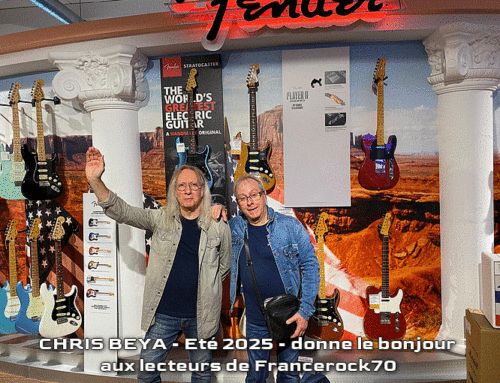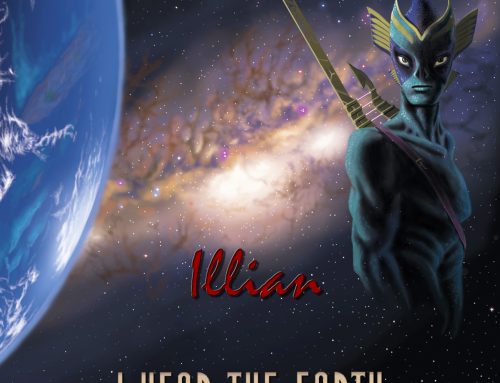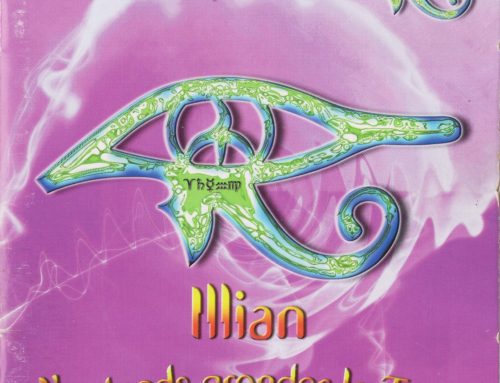ublished on: 30 Dec 2003 The true French Prog connoisseur must know that Atoll is one of the big names in 70’s French Symphonic scene. After a lengthy hiatus, and like so many other bands seem to be doing these last years (just remember the cases of Yezda Urfa, Metamorfosi, Kaipa, Tantra, Gnidrolog…etc) the front man for this historical band, Chris Beya has decided to bring back the name of Atoll to the prog headlines. Illian, j’entends gronder la Terre is the new experience, and the first thought it does occur to me is that this album does not relay on old formulas, presenting us with a refreshed sound and totally new textures and ideas. Being a tremendous guitarist, Chris Beya is undoubtedly the center figure of this second Atoll generation. The music in this album is almost all about his virtuoso guitar playing and thought out keyboarding. In fact, the most rewarding thing about this album is the guitar playing, extremely technical but always done with a crystal clear sounding. To portrait the music that flows throughout a whole hour, I can say that this album is quite diverse in its contempt. From contemporary Symphonic (Comme s’écoule un fleuve) to Neo-Classic (Le miroir de tes yeux #2), passing through (almost) typical French Rock (Quand le monde se met a chanter), Medieval (La legende de la foret) and Hard Prog (La route de vous jours), all is here and masterfully done. This is one of those albums that need a few listens before you really start to « enter » on it. And the truth is that it does proportionate a handful of mesmerizing enjoyable moments. Though the vocals are not bad at all, they aren’t the best thing around. The trick to fully enjoy this album is precisely to concentrate on the dual work between the guitar and the keyboards. The first providing the soloing and constant complexity, the second serving interludes and many times complementing the melodic and/or technical work of the guitar. Being so diverse and using several sub-genres of the prog scene, it is not at all easy to pin-point reminiscences to other bands, but that is not needed here for the band’s sound stands very much on its own. Ok, you can throw names like Ange and Thierry Crusem for the rock parts, The Flower Kings and Kaipa for the contemporary symphonic, Hard Prog guitar parts, like a soften version of John Petrucci or Michael Romeo, and so on… With a playing quality that can actually make envious a good part of the contemporary prog bands, this album is, IMO, worth every penny you will pay for it. It may have some less accomplished tracks in terms of melody (mostly the « pure » rock ones), but the attention to details and to the playing ability will make you surpass those tracks and really enjoy the music of this album as a whole. I have been enjoying it for a while now, and the more I listen, the more I am able to unveil the rich details it « hides ». Fans of very technical guitar playing applied outside the fusion sphere, will most probably have a blast here.



